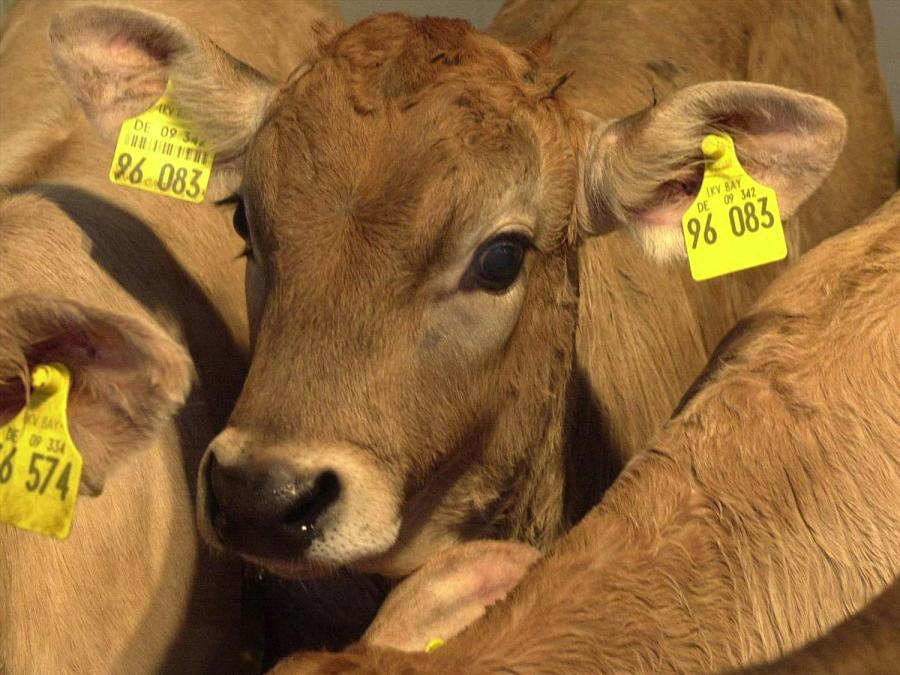SIOUX FALLS, S.D. (KELO) — Consumers buy a pound of hamburger for $6 or so and they may think the cattle producer is making lots of money.
But cattle producers aren’t making lots of money, said Oren Lesmeister, rancher and soon-to-be former state legislator.
“Yes at this time, we are making some historic pricing and return,” Lesmeister said. “The problem is our inputs have gone up so high that we’re actually not making more money than we were probably 50 years ago. If anything we’re losing money on cattle today.”
In the end, packers are making more money and consumers are paying the high costs, Lesmeister said.
Lesmeister and several other members of the South Dakota Farmers Union have spent several days in Washington D.C. encouraging federal lawmakers and officials to pass the existing proposed farm bill and make other changes to help agriculture.
“The farm bill really needs to be done now,” said Doug Sombke, the president of the South Dakota Farmers Union. An upcoming presidential election means a new president and administration will be in place and there will also be changes in the federal House and Senate, Sombke said.
The farm bill is typically in place for a five-year period. The fifth year expired last year and Congress approved a one-year extension. Lawmakers and advocates have been working on a 2024 bill for more than a year. The $1 trillion farm bill covers disaster payments, crop programs and even food programs such as SNAP.
“We’re going to re-set the table and that’s just going to put it farther and farther back,” Sombke said. “With these low commodity prices that we are facing today, especially in the grains area, we have a real, real problem coming…and if we don’t do something soon we will be in some dire straits in the near future.”
Provisions in the proposed 2024 bill include raising the reference prices for program-based crops. The prices are used to calculate program payments.
The farm bill could also include adding new grain markets.
“I think right now the bulk of our exports are to three main countries: Canada, Mexico and China. There’s a lot of the world we are not dealing with,” said Rob Lee an NFU member from De Smet “If there is an opportunity with this farm bill it would be to explore new markets and try to create new relationships.”
Another possible piece of a new farm bill would be increased lending limits for bank loans to farmers and ranchers.
Lesmeister pointed out that lenders need more flexibility with loans to help producers offset input costs.
The group from South Dakota also advocated for strengthening the Packers and Stockyards Act which they believe would reduce or end what they describe as tactics to unfairly control market prices. Stombke said the criminal division in the U.S. Department of Justice has an office in Chicago to do more investigating.
Jeff Kippley is the state vice president and also the national Farmers Union vice president who said the turnout in D.C. was encouraging.
“I think the main reason we’re seeing such a great turnout this year, we just saw a 25% net income projected drop. That’s cause for concern for all farmers…,” Kippley said. “We don’t have a long-term farm bill passed, we’re still working on an extension from a year ago.”
Kippley said while advocates are hopeful a new farm bill is approved, he wouldn’t describe the mood as optimistic.


